As a dietitian at Spectrum Health Ludington Hospital, Tanya Lesinski, RD, CSO, is trained to care for patients with diabetes.
That training, however, could never fully prepare her for the day a patient came home with her.
In August 2011, her son Jacob, then 13, started experiencing symptoms common with diabetes.
“I remember it began with frequent urination,” said Jacob, now 17 and a senior at Ludington High School. “It seemed as if I needed to get up eight or more times at night to relieve myself. The worst symptom was unquenchable thirst. I was thirsty all the time. It was like I was drying up in a desert. The only thing that satisfied me was liquid.”
Jacob was also losing weight rapidly.
“I hadn’t realized it, but I was losing weight very quickly,” he said. “Looking back at pictures, I could see every one of my ribs.”
Knowing that his symptoms were consistent with diabetes, Tanya brought home a glucometer.
“I was certain I was overreacting, but thought checking wouldn’t hurt,” Tanya said.
Her motherly instinct and clinical background confirmed what she feared. The glucometer’s reading suggested Jacob’s blood sugar was too high.
A doctor later diagnosed him with type 1 diabetes.
“My son having type 1 diabetes was really my first experience with it,” Tanya said. “I work so much with type 2 that when we were hit with type 1 in my own family, it was overwhelming. Everyone is so focused on type 2 that type 1 is often forgotten and misunderstood.”
Out of the bubble
Type 2 diabetes, commonly associated with obesity, occurs when the body cannot generate enough insulin, the hormone that helps turn glucose into energy. But when a patient develops type 1 diabetes, a rarer form of the chronic disease caused by an autoimmune disorder, the body simply stops producing insulin altogether.
An estimated 1.25 million Americans have type 1 diabetes, including about 200,000 youth.
For Jacob, the diagnosis was life changing.
“I guess I was scared,” he said. “I was thrown out in the real world with a monster of a disease looking over my shoulder. On the other hand, I assured myself that type 1 wouldn’t stop me from accomplishing my dreams.”
Jacob’s positive attitude was reinforced by his pediatric endocrinologist, Yaw Appiagyei-Dankah, MD, at Spectrum Health Helen DeVos Children’s Hospital.
“As a parent, I had already put him in a bubble and thought I needed to protect him in everything he does,” Tanya said. “I told Dr. Appiagyei-Dankah that Jacob was supposed to start cross country in two weeks. He looked at me and said, ‘This will never stop him from doing anything.’ That’s just what I needed to hear to take him out of that bubble and let him live life.”
Jacob has taken control of his disease and learned that diabetes management is just part of his daily routine.
“For four years I’ve been pulling out a needle and pricking my finger eight times a day,” Jacob said. “For the first year and a half, I also had to give myself an insulin injection six times a day.”
The injections are less frequent now that Jacob has an insulin pump, but he knows that he must always be alert.
“I have to know every feeling of my body so I can prepare for low or high blood sugars. Having type 1 diabetes has taught me to count carbs,” he said. “I’ve memorized almost every carb for every food.”
‘Life isn’t limited by diabetes’
At home, the Lesinski family is also learning how to help Jacob manage his condition.
“I’m making adjustments weekly,” Tanya said. “My husband calls me the chemist because I’m always making an adjustment so we can stay on top of it. Jacob has to live with this disease for the rest of his life, and I’m going to do everything I can to make sure his life isn’t limited by diabetes.”
Tanya and Jacob have used the diagnosis as a way to help others.
Tanya conducts basic training with school personnel to help them understand how to count carbohydrates, dose insulin, check a child’s blood sugar, manage hypoglycemia and use a glucagon emergency kit if a student has a severe hypoglycemic reaction.
Jacob works with middle school students who are also suffering from diabetes.
“I find it very important to mentor middle school students,” Jacob said. “I try to show the students that regulating their diabetes isn’t so hard. Diabetes doesn’t have to ruin your life—you just have to make the most of what you have.”
Jacob said he won’t let diabetes negatively impact his life.
“This disease has taught me perseverance, given me strength,” he said. “And taught me that if you’re going through hell, keep on moving.”
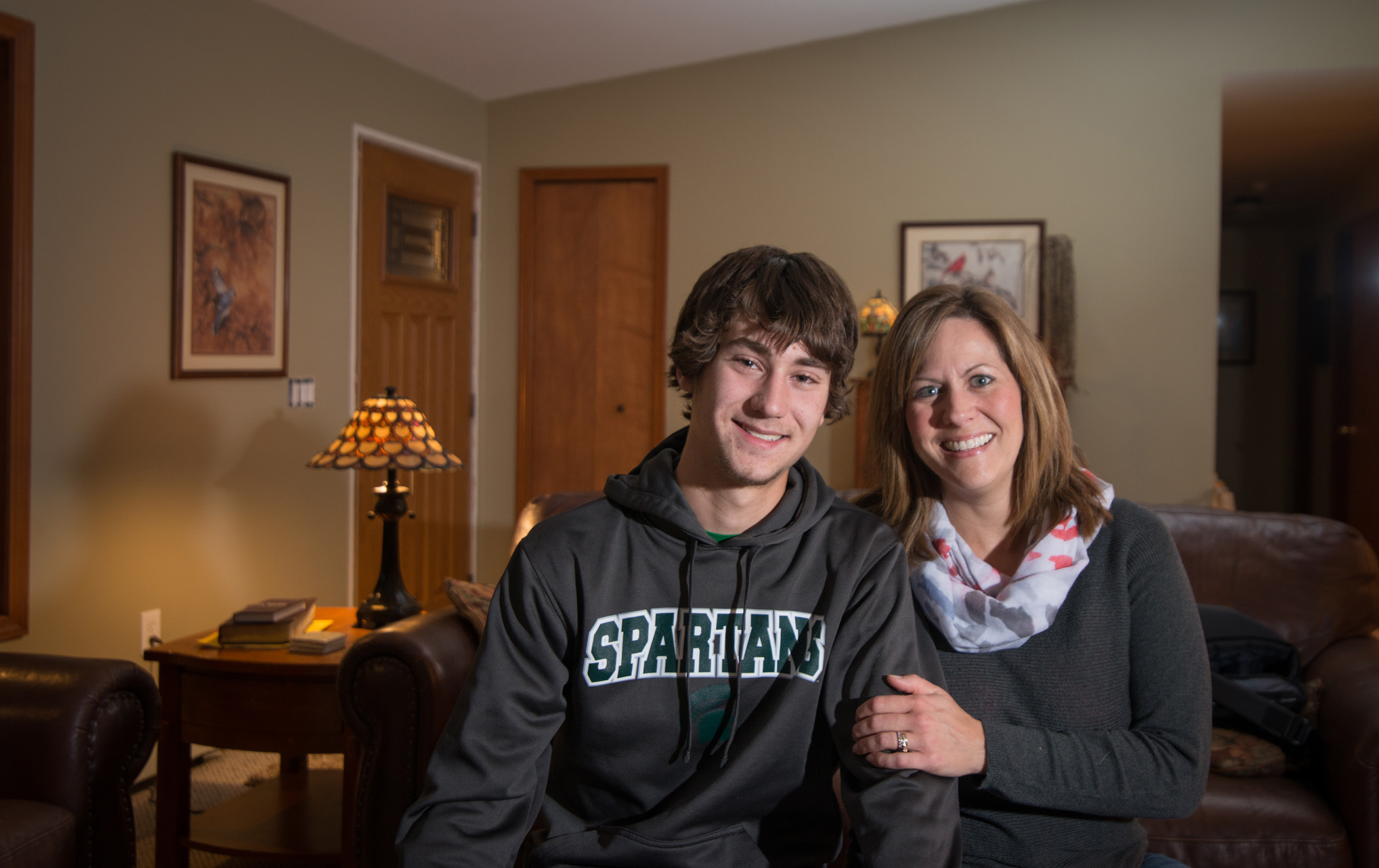
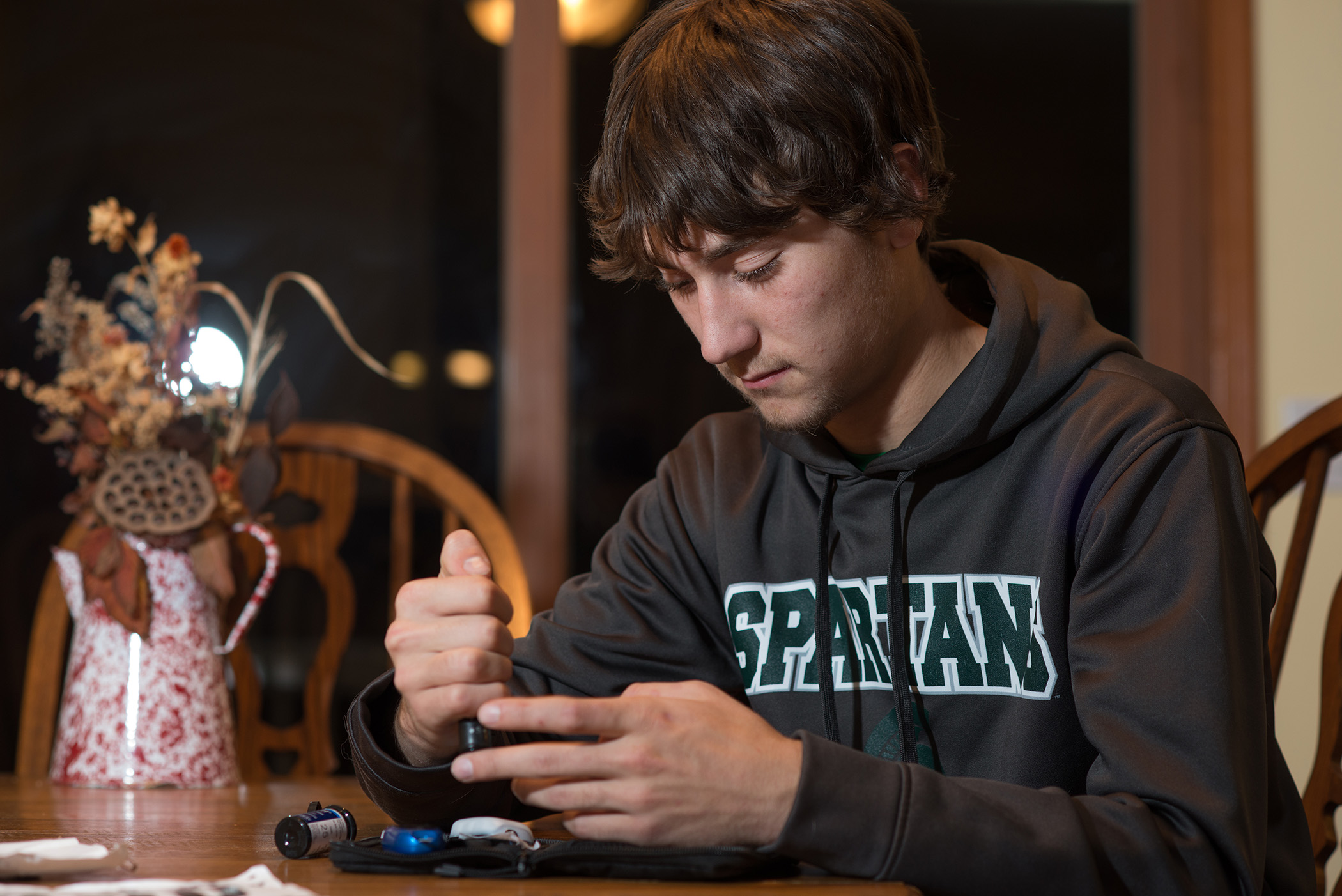
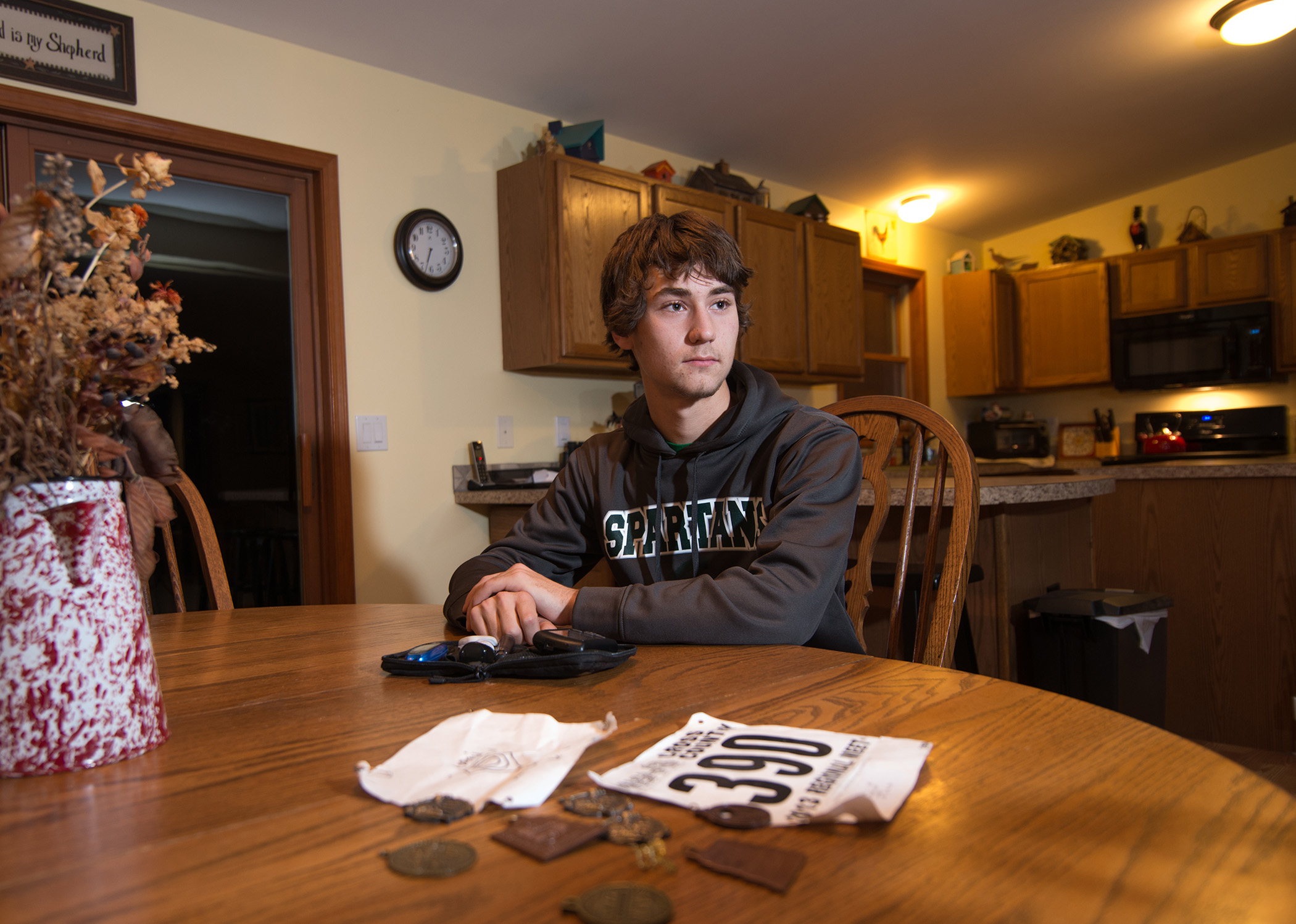
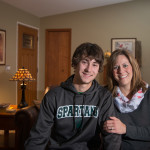
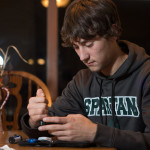
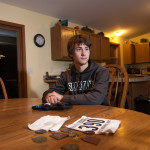
 /a>
/a>
 /a>
/a>
 /a>
/a>